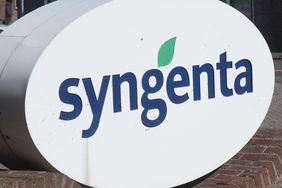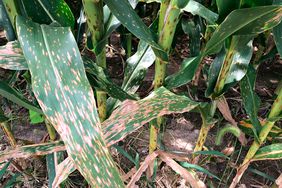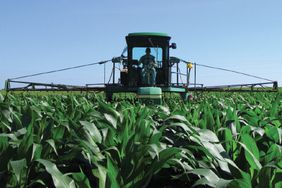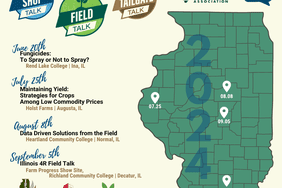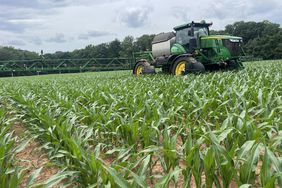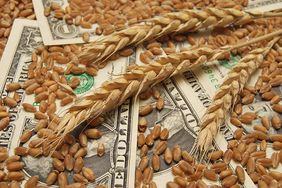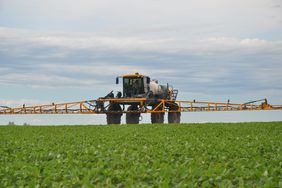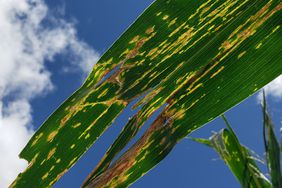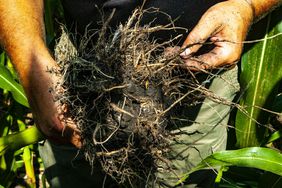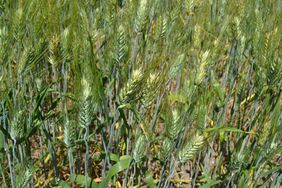:max_bytes(150000):strip_icc()/WormScurry1-35be657e06924f21bdd8d4d594847024.jpg)
NewLeaf Symbiotics
Corn rootworm (CRW) continues to pose a threat to corn yields with the rise of Bt-resistant variants. In response, NewLeaf Symbiotics has announced the launch of TS201, an EPA-registered biocontrol technology to repel CRW activity and protect corn roots.
The technology introduces a new mode of action for rootworm control, using the plant’s own defenses to produce a compound that repels larvae at the root. Designed to complement existing crop protection and trait strategies, TS201 claims to be effective in repelling CRW and boosting root mass.
“Protecting corn varieties from CRW has been a growing pressure for farmers, especially since pest variants are outlasting crop rotation. Ahead of the upcoming planting season, we’re proud to introduce a new, research-proven solution to help farmers win that battle,” said Brent Smith, CEO and president.
When applied in the field, TS201 results include significant crop retention, increase in yield, decrease in lodging and measurable results in root density. Compared with standard root growth, the TS201 technology provided 9% more fine roots, 16% greater root surface area and 10% deeper roots.
“This means that with our TS201 technology, the plant’s immune system is primed, it grows healthier through better nutrient and water uptake, and is less prone to lodging compared with insecticide or traited management alone,” said Dr. Natalie Breakfield, vice president of Research and Discovery. “This is a year where growers are experiencing unprecedented financial pressures. Having a CRW defense plan is even more critical to ensure better yield results.”
The technology is currently available through partnerships with Meristem Crop Performance, Low Mu Tech, and AMVAC.
In addition to the new TS201 technology, NewLeaf currently offers biostimulant technologies for corn, soy, cotton, and peanuts.
